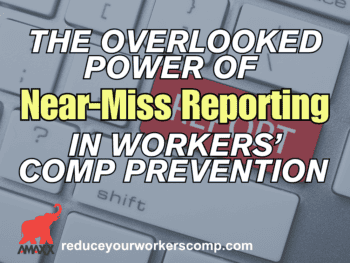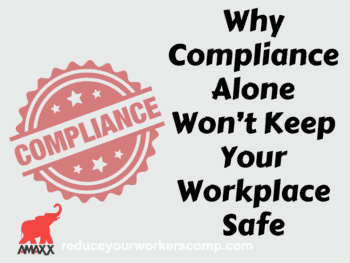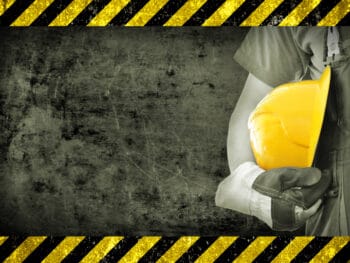The New South Wales (NSW) government rejected the Australian Federal Government’s proposed Occupational Health and Safety (OHS) reforms, while Queensland was first to implement the laws aimed at harmonizing national workplace safety standards.
Australian Industry Group chief executive, Heather Ridout welcomes the "first big piece in the mosaic of Occupational Health and Safety (OHS) reform” and commended Queensland on the passage of the Work Health and Safety Bill through the state parliament. (WCxKit)
"Similar bills are before the South Australian and NSW Parliaments, and are expected to be tabled in all other States and Territories and the Federal Parliament in the coming months," Ridout commented in a statement. "However, in NSW, where the passage requires the support of minor parties, any amendments moving away from the Model Law risk defeating the purpose of the whole exercise should be strongly resisted.”
Despite Ridout’s caution, NSW government recently rejected a key element of the Federal Government’s proposed OHS laws. During evidence to a Senate Estimates Committee, NSW confirmed its OHS laws would be different from the rest of Australia.
In NSW, unions retained the rights of unions to prosecute employers and be eligible to receive part of the penalty for a successful prosecution under the proposed reforms. A report in early May suggested OHS cases would be heard by the mainstream courts.
However, Liberal Senator for Tasmania, Eric Abetz criticized the news saying the right of unions to prosecute and the reverse onus of proof in NSW hinders the state’s economy and its ability to invite investment into the state.
Abetz argued for the two provisions not replicated in other states as they present onerous conditions for businesses to abide by. Should the OHS reform pass through parliament, these laws will, from January 1, 2012, enable Australia to operate for the first time under a uniform law for workplace safety. Ridout said the laws are not about “states rights,” but safety — an issue to which each state is being asked to make a contribution.
"Removing confusing and contradictory differences between current state laws allows workplaces to concentrate on working safely, rather than facing a complex legal nightmare," Ridout added in the same statement. “Harmonization is driven by industry, unions, and safety professionals for this reason. Governments have also supported this principle and the remaining states are urged to follow Queensland’s lead and complete the legislative task.”
Queensland Industrial Relations Minister, Cameron Dick, who introduced the Work Health and Safety Bill 2011 into Parliament in May, said the new legislation upholds the state's stringent workplace safety laws and results in harmonized workplace laws across Australia.
For workers, Dick said, the new laws mean more stringent protection; while for business, they mean reduced red tape and compliance costs.
"Removing the confusion, complexity and duplication caused by Australia's multiple workplace health and safety regimes help save the Queensland economy more than $30 million a year,” Dick said. (WCxKit)
The new bill replaces the Queensland Workplace Health and Safety Act 1995 with key changes such as broadening the definition of “worker” to include labor hire, contractors and subcontractors, and imposing the onus of proof on the regulator to prove an offense.
Author Robert Elliott, executive vice president, Amaxx Risks Solutions, Inc. has worked successfully for 20 years with many industries to reduce Workers Compensation costs, including airlines, healthcare, printing/publishing, pharmaceuticals, retail, hospitality and manufacturing. See www.LowerWC.com for more information. Contact:Info@ReduceYourWorkersComp.com or 860-553-6604.
Our WC Manual: http://corner.advisen.com/partners_wctoolkit_book.html
WORK COMP CALCULATOR: http://www.LowerWC.com/calculator.php
SUBSCRIBE: Workers Comp Resource Center Newsletter
Do not use this information without independent verification. All state laws vary. You should consult with your insurance broker or agent about workers comp issues.
©2011 Amaxx Risk Solutions, Inc. All rights reserved under International Copyright Law. If you would like permission to reprint this material, contact Info@ReduceYourWorkersComp.com.



























